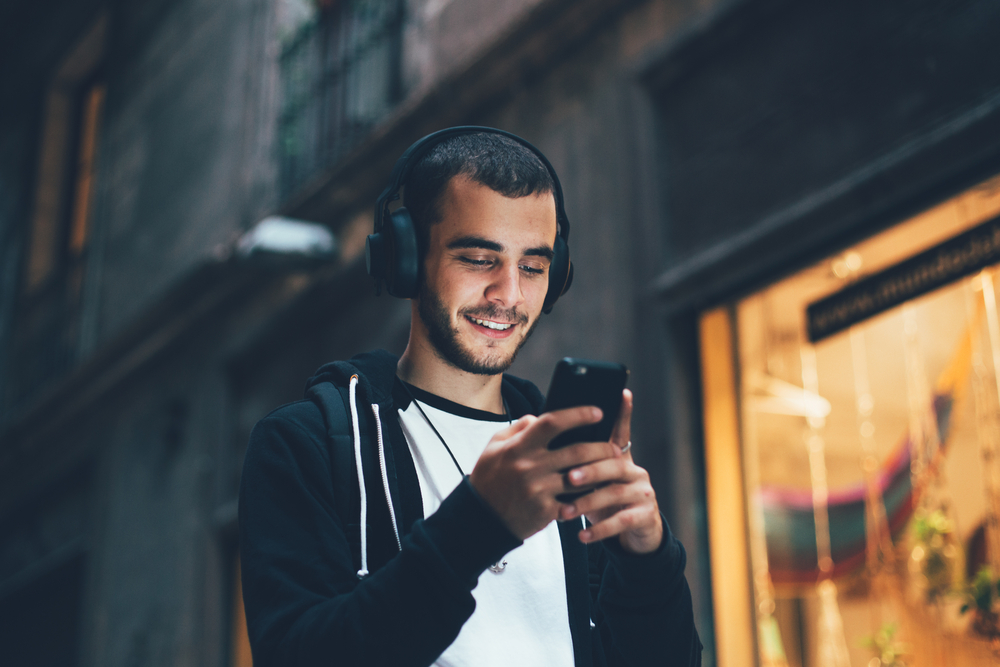
James is a music aficionado who has mastered the art of integrating his favored tunes into his day-to-day life, effortlessly transitioning from Spotify at his desk to Pandora on his runs, and meticulously crafting playlists to beautifully enhance every activity, whether he’s pumping iron, whipping up a meal, or immersed in a gaming session. He’s seldom observed without his headphones, which have become an important part of his daily life, turning every moment into a personalized audio experience. James takes comfort and delight in the engaging realm of music, but the very source of his joy may be harming his treasured ability to hear without him recognizing it.
Regarding our ears, there are both safe and harmful ways to indulge in music. Regrettably, many of us tend to gravitate towards the latter.
What is the link between prolonged exposure to music and hearing damage?
Prolonged exposure to loud music can result in a decline in your auditory function. We’re used to regarding hearing loss as an issue associated with growing old, but an increasing amount of research suggests that it’s really the build-up of noise-related damage that is the concern here and not anything intrinsic in the aging process.
Younger people are more prone to noise-induced damage as their ears are still in the developmental stage. However, teenagers tend to dismiss the possible hazards of excessive noise over time. A growing number of young people are experiencing hearing loss as a result of frequent use of loud headphones.
Is it possible to enjoy music safely?
Unrestricted max volume is clearly the” hazardous” way to listen to music. But there is a safe(er) way to enjoy your music, and it typically involves turning the volume down. The general rules for safe volumes are:
- For Adults: No more than 40 hours of listening on a device, and maintain the volume below 80 dB.
- For Teens and Minors: You can still listen for 40 hours, but keep the volume level below 75 dB.
Breaking it down, you’re dealing with roughly 5 hours and 40 minutes of listening every day. That might seem like a lot, but it can go by relatively quickly. Even still, most people have a fairly strong concept of monitoring time– it’s something we’re trained to do successfully from a very young age.
The more challenging part is monitoring your volume. On most smart devices, computers, and televisions, volume is not computed in decibels. It’s measured on some random scale. Perhaps it’s 1-100. But maybe it’s 1-16. You might be unaware of the maximum volume capacity of your device or how near you are to reaching that limit.
Tips for effectively keeping track of your music volume
Several free noise monitoring apps can be downloaded for both iPhone and Android devices to address this problem. These apps offer real-time information into ambient noise levels, empowering users to adjust their music volume appropriately.
Because of this, many audiologists recommend using one of the numerous noise level monitoring apps available at no cost. These extensively accessible apps, compatible with both iOS and Android platforms, provide instant sound-level feedback on the background noise around you. In this manner, you can keep track of the decibel level of your music as it plays and make adjustments as necessary.
A volume comparison: garbage disposals and beyond
As example, 80 dB is roughly comparable to the noise emitted by a common garbage disposal or dishwasher– audible, yet not overly loud. Acknowledging this standard is essential, as it represents the limit beyond which auditory damage becomes a tangible risk.
So, being extra cautious when exceeding this decibel limit is essential. Think about limiting exposure to overly loud music by enjoying select tracks at maximum volume rather than indulging in complete albums.
Prolonged exposure to loud sounds can result in hearing issues, including ringing in the ears, or tinnitus, and potentially permanent damage to one’s hearing. By being aware of when our ears are at risk, we allow ourselves to make informed decisions in order to encourage safer listening habits.
Schedule a hearing exam
For better prioritization of your hearing health, it is advisable to contact a hearing specialist to book a thorough hearing exam. Taking practical actions like consistent assessments can identify possible issues at an early stage, enabling quick actions and customized advice to protect your valuable hearing.